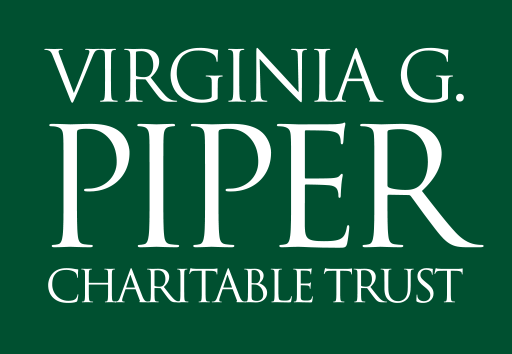
September 6, 2012
Region’s Work in Aging Nationally Recognized
Maricopa Association of Governments – News Release
FOR IMMEDIATE RELEASE
CONTACTS:
Kelly Taft, (602) 452-5020
OR:
Karen Leland, (480) 556-7125
PHOENIX (September 6, 2012) – Efforts in the Greater Phoenix region to improve the lives of seniors were selected as among the most innovative in the country and were spotlighted last week in Washington, D.C., during the first White House Forum on Urban Innovation. The invitation-only forum recognized projects from around the country that provide new solutions for persistent problems in the areas of public health, neighborhood revitalization, economic development, and education. The goal of the event was to harness the talents of metros and share their best practices nationally.
Representatives from the Greater Phoenix region provided information to more than 100 national leaders. The projects highlighted include the Maricopa Association of Governments (MAG) Municipal Aging Services Project. Virginia G. Piper Charitable Trust was instrumental in recognizing the need for the project and in providing the initial funding. Since being initiated by Piper Trust, the MetLife Foundation has recognized the region’s work in aging services and as a result has funded the region’s participation in the City Leaders Institute on Aging in Place, a national pilot project with five communities in the country.
“It is gratifying to see the work undertaken by the talented leaders in this region being recognized as among the best in the country,” said Avondale Mayor Marie Lopez Rogers, chair of the MAG Regional Council. “Cities are laboratories for innovation, and there is power in communities that are in touch with the needs of residents.”
Phoenix Mayor Greg Stanton is a strong champion for the MAG project and serves on the region’s leadership team for the City Leaders Institute. “This was our day to show the country what we are accomplishing in Greater Phoenix to improve the choices and quality of life that people over 65 have in our communities,” he said. “We are focused on outcomes that transform our sense of place, which is what matters to residents.”
The aging services work includes the development of a toolkit local governments can use to meet the needs of seniors while tapping into the talents of older adults. The toolkit was developed with extensive community engagement of 1,300 people and is also being used to guide the region’s participation in the Institute.
“We recognize that there is an imminent need to care for our aging population in new and innovative ways,” said Carol Kratz, program director with Virginia G. Piper Charitable Trust. “This is an incredible opportunity to leverage the talents of people aged 65 and older to the benefit of the entire region.”
The region’s work was promoted at the event by three representatives from Greater Phoenix: Ron Guziak, CEO of Sun Health, a nonprofit in the West Valley, Dennis Smith, executive director of MAG, and Amy St. Peter, MAG human services and special projects manager.
Discussion at the event focused on ways to ensure recovery from the recession is widespread and assists the areas hardest hit. National best practices like the Digital Roadmap of high-tech jobs in New York City, the immigrant welcome center in Houston, and the economic transformation of Pittsburgh offered lessons for how success might be attained, even under difficult circumstances.
The meeting featured presentations by high-ranking officials of the president’s administration who stressed that the answers the country needs right now are in communities developing innovative solutions. The event also included panel discussions of national best practices and workshops designed to offer the federal government ideas for what they can do better. Recommendations for improving the federal government included combining funding streams to remove silos that prohibit coordination, building human capital alongside community development, and supporting collaboration across diverse sectors and specialties.
“This event provided the opportunity to learn about remarkable achievements from other parts of the country and to consider how these can be replicated elsewhere,” said Guziak. “It is also encouraging to know that the Greater Phoenix project we are implementing is on pace with impressive accomplishments from around the country.”
White House officials at the event included Valerie Jarrett, senior advisor and assistant to the president for OPE/IGA; Cecilia Munoz, director of the White House Domestic Policy Council; Jonathan Greenblatt, director of the White House Office of Social Innovation and Civil Participation; and Raquel Russell, deputy assistant to the president for Urban Affairs and Economic Mobility.
# # #

